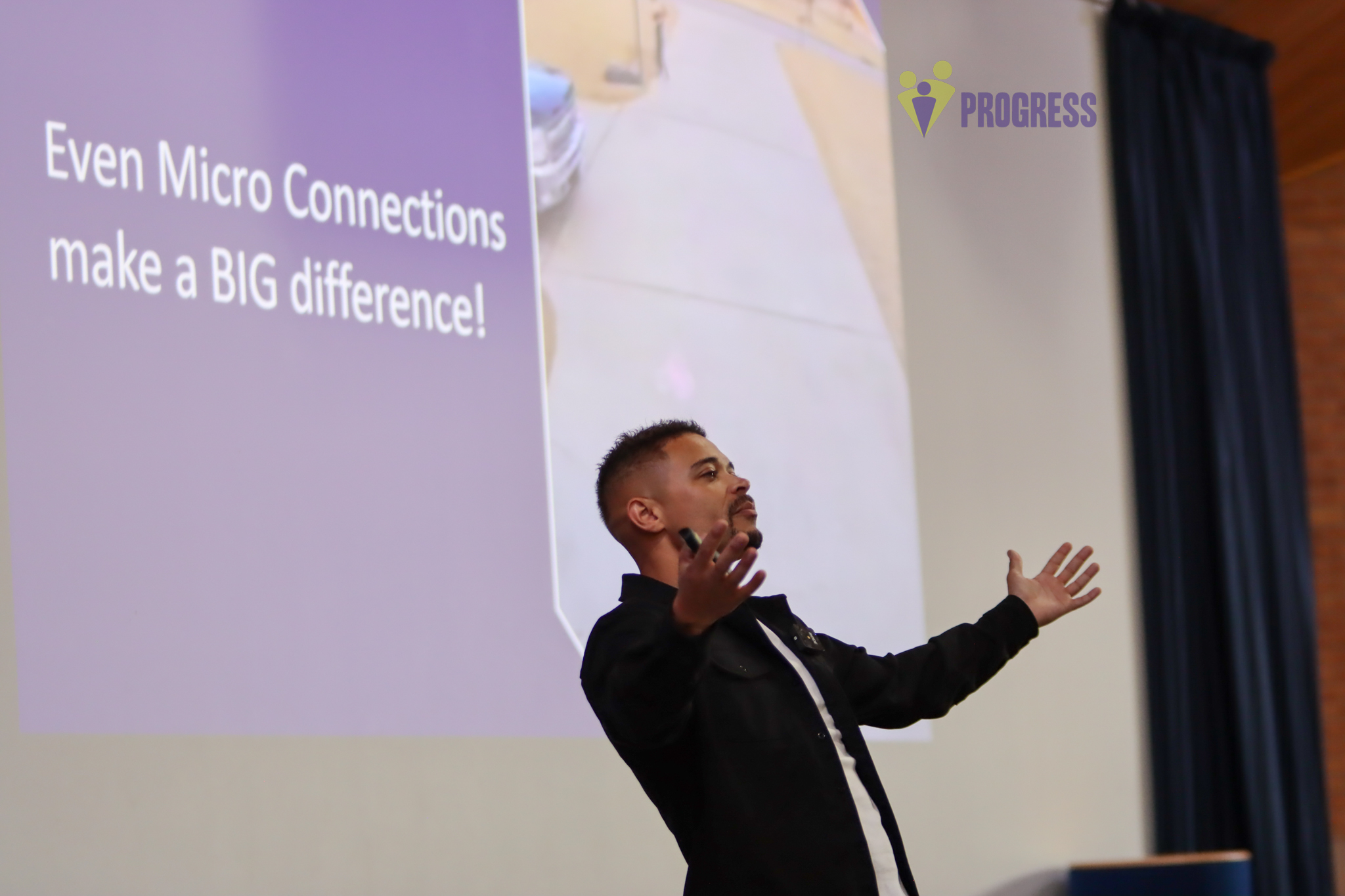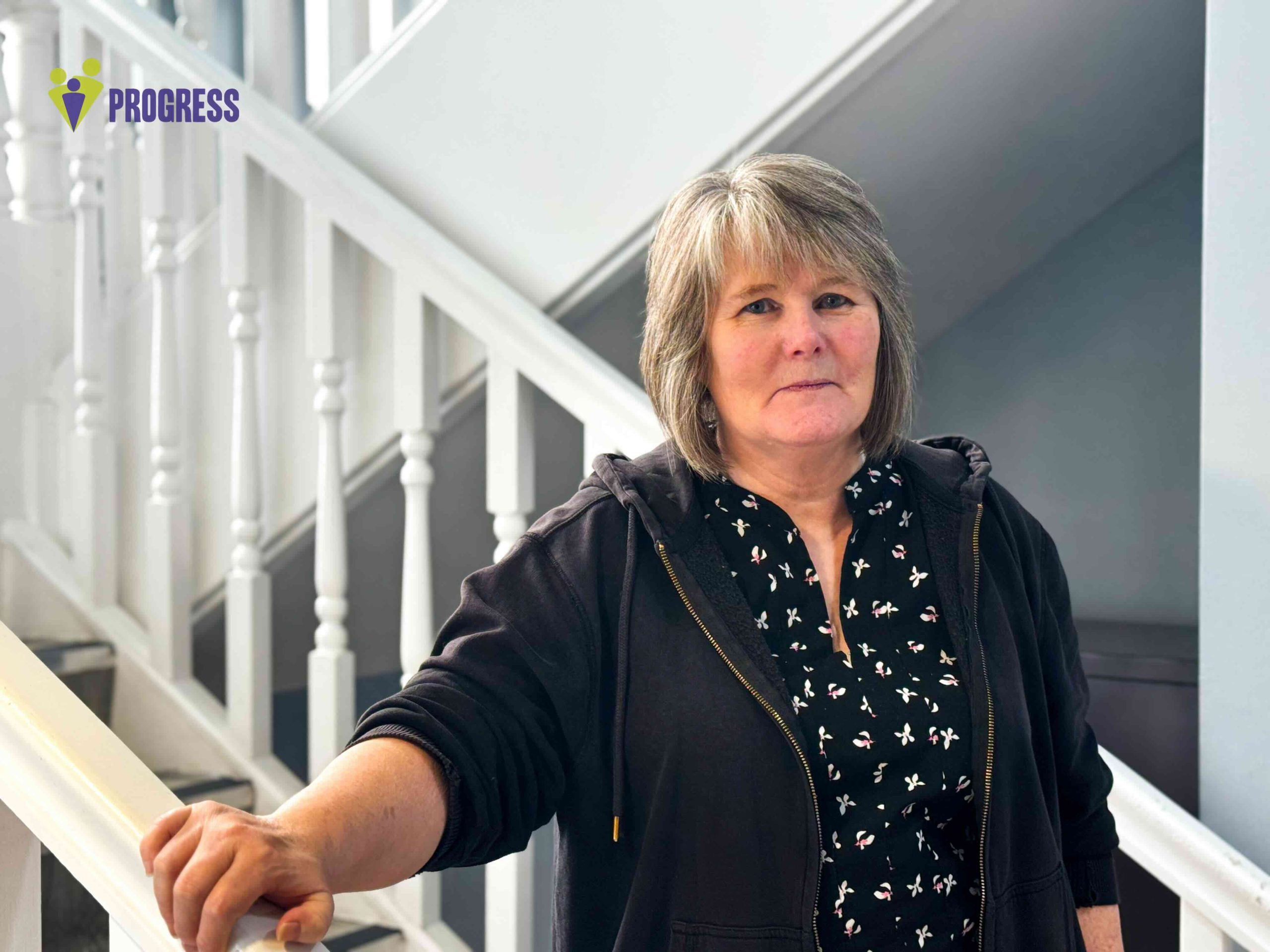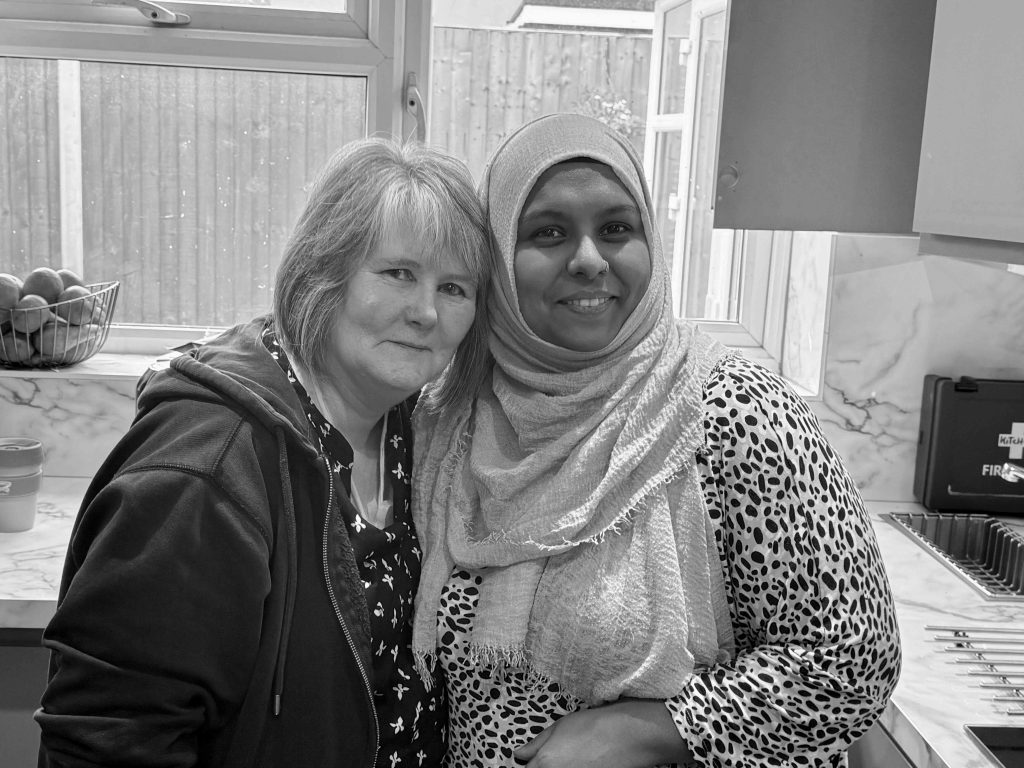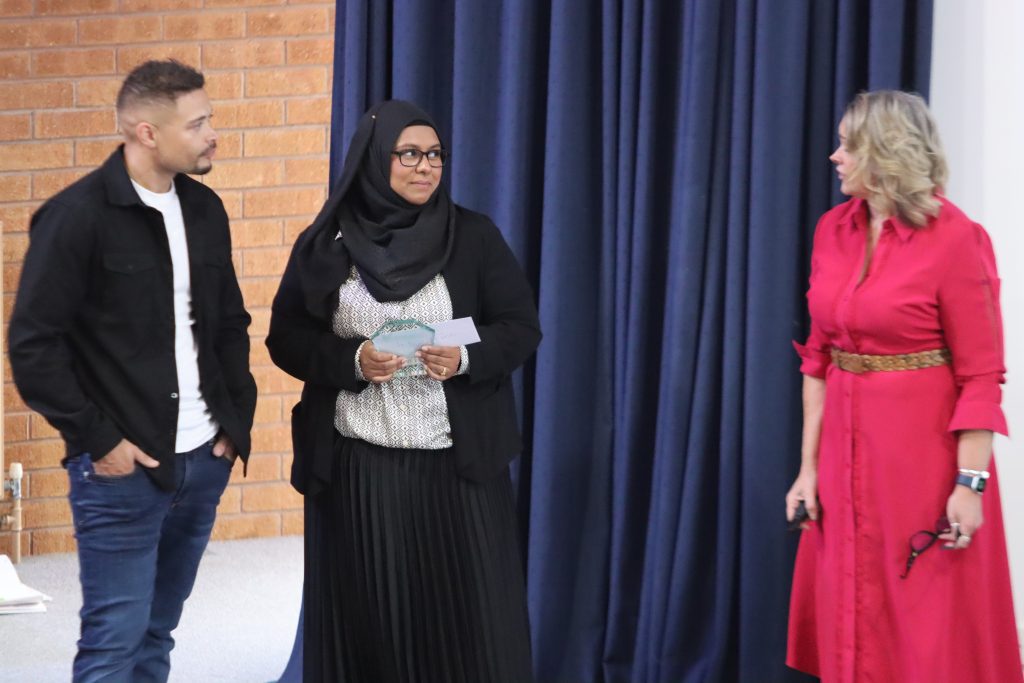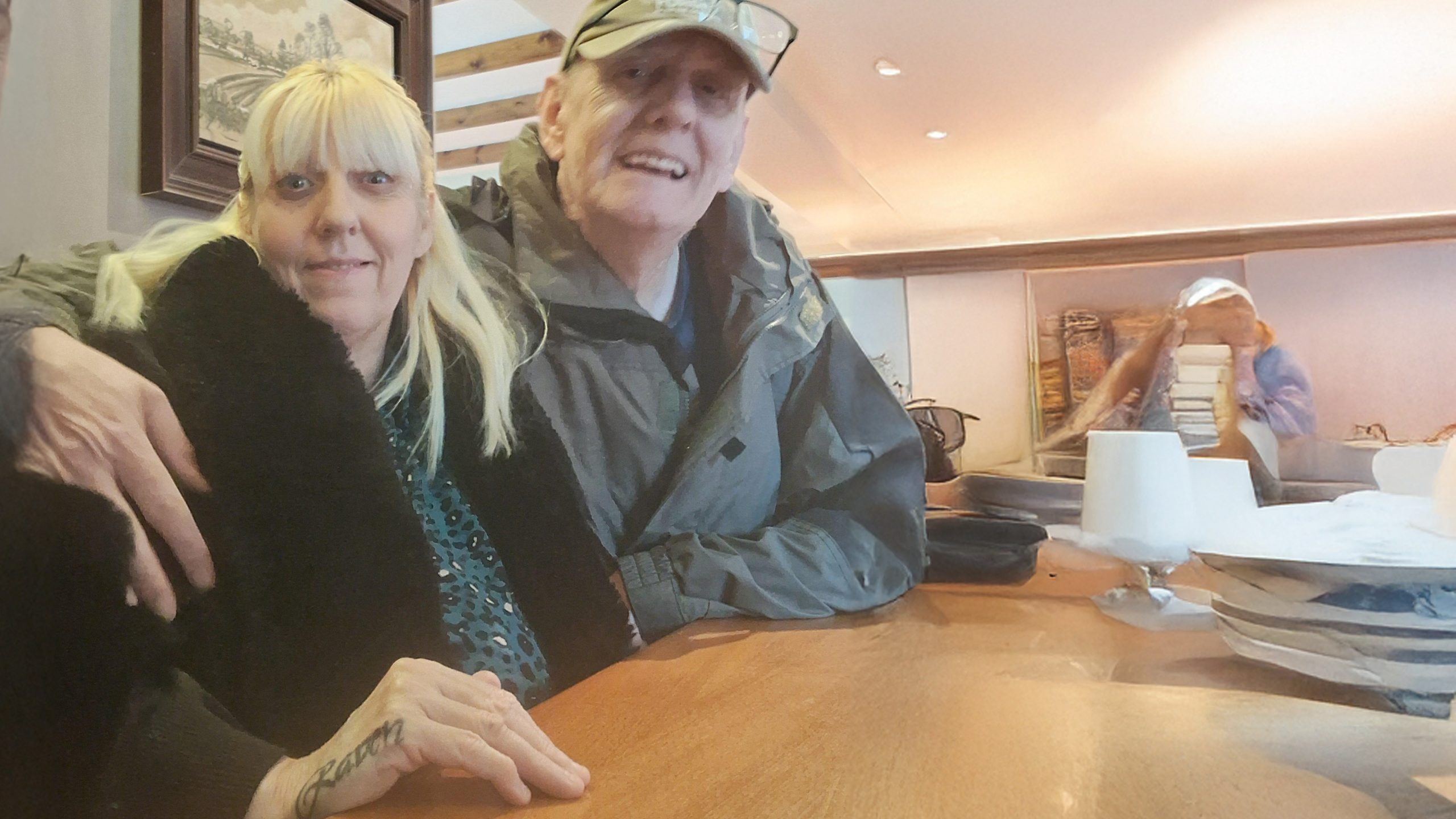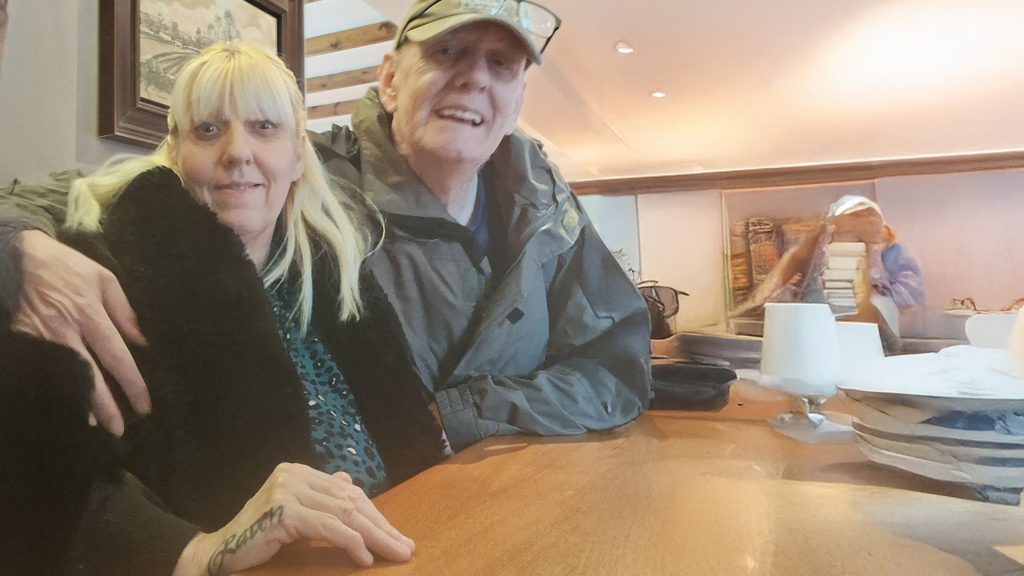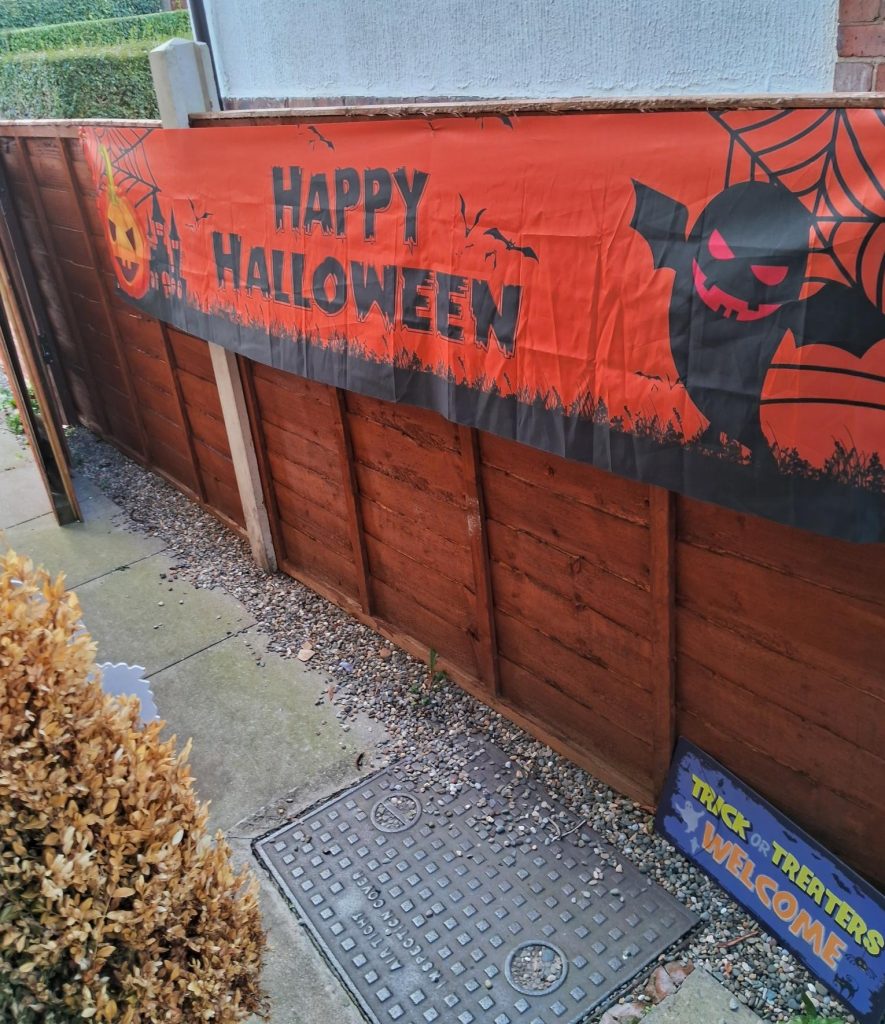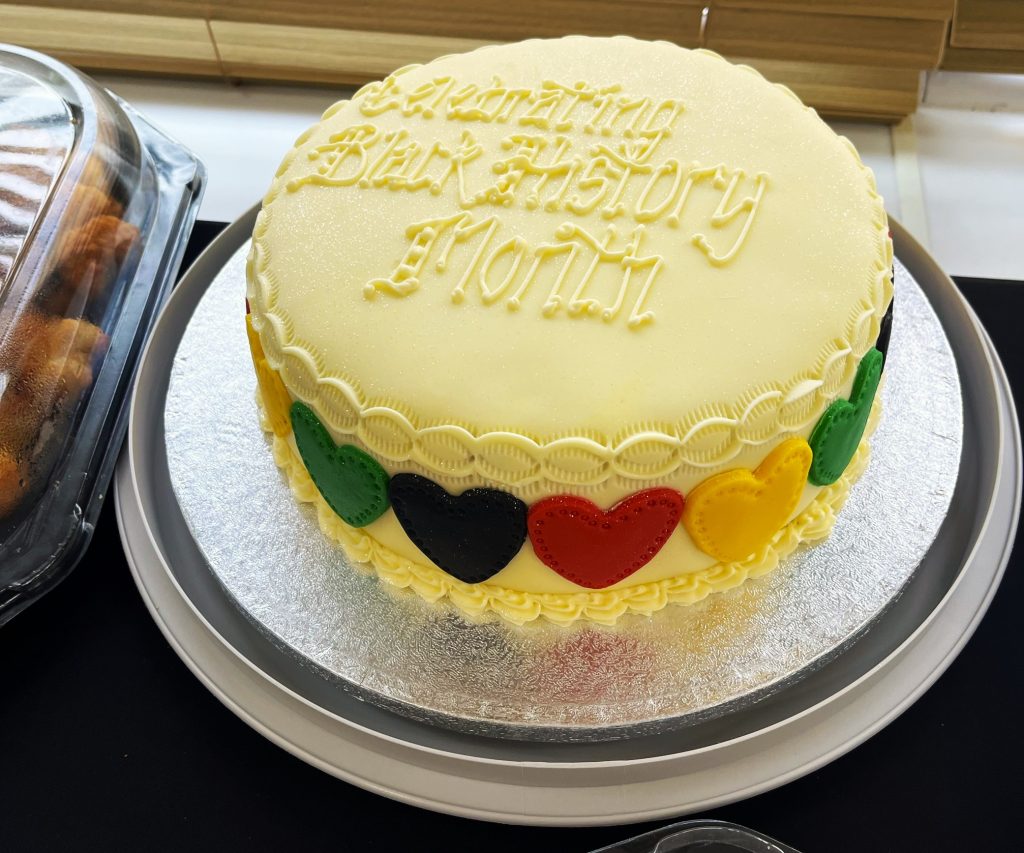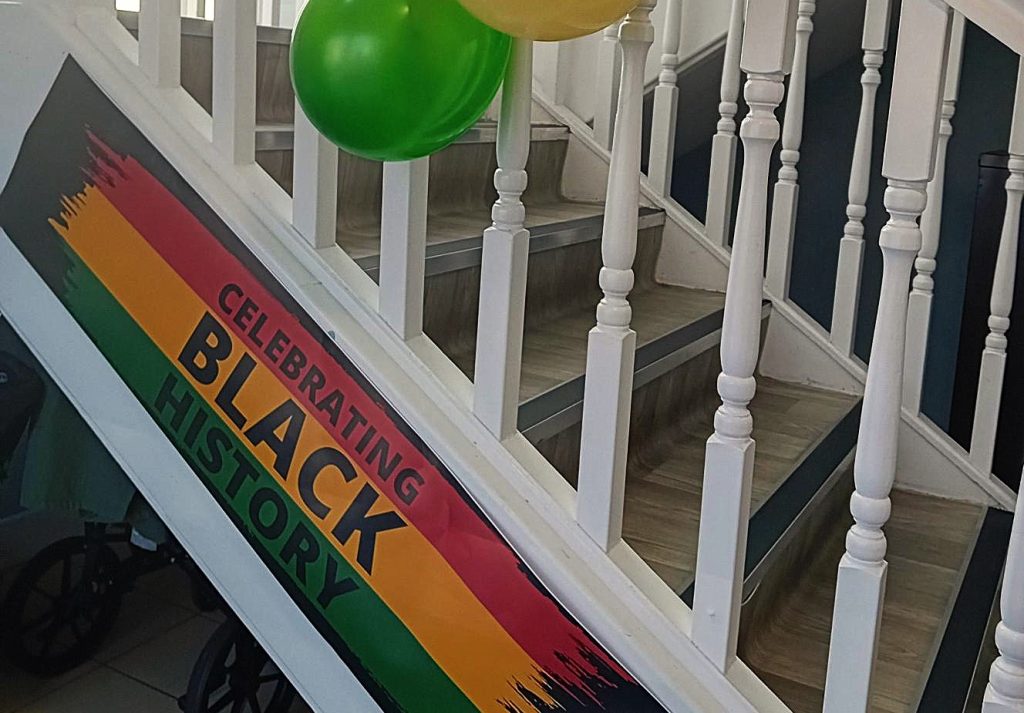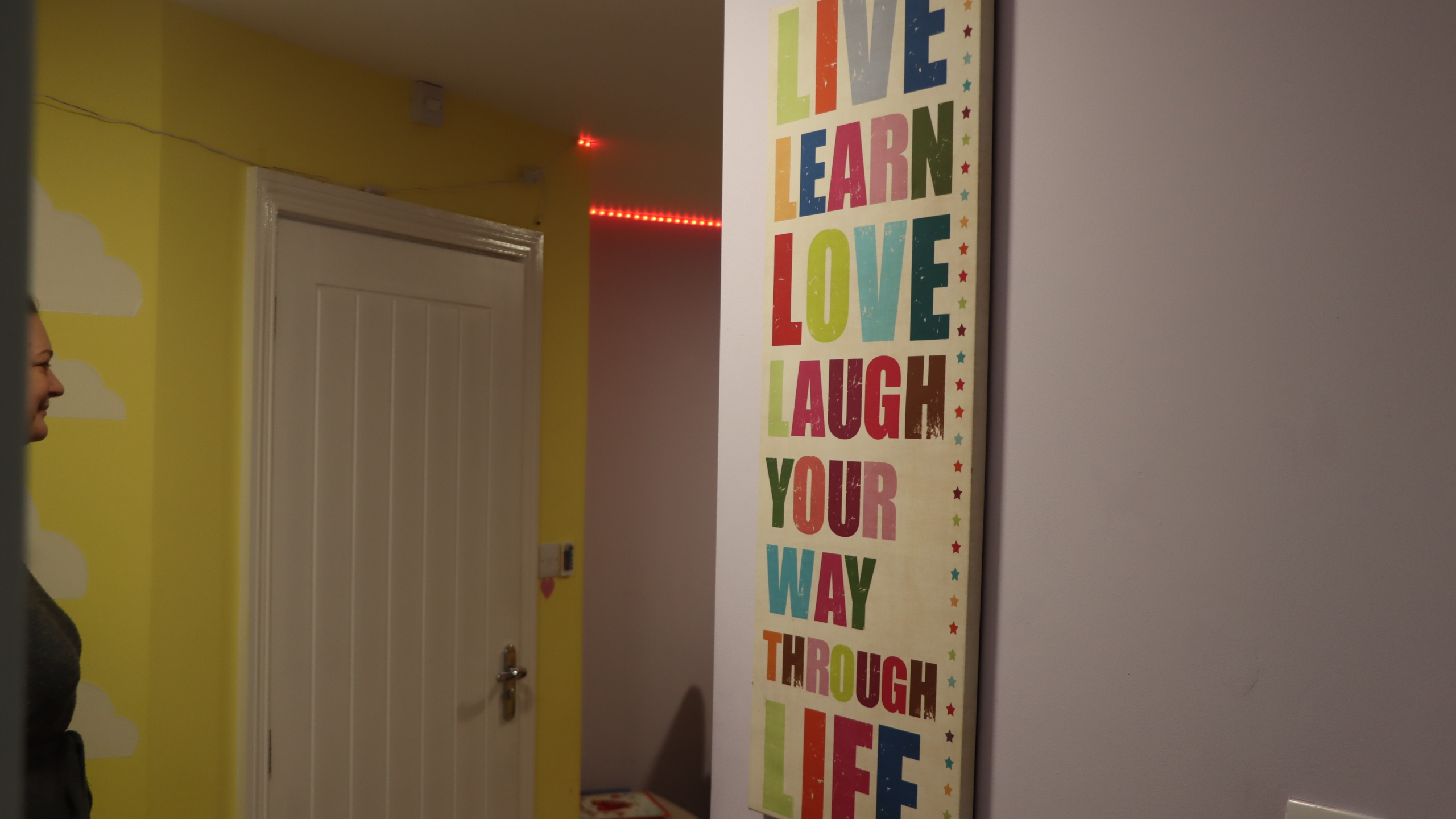At the Progress Annual Conference 2024, Steven Russell delivered a compelling speech that resonated deeply with the audience, emphasising the vital importance of building connections with young people. Through personal anecdotes, powerful media references, and insightful reflections, he outlined the challenges and responsibilities that come with fostering and supporting children in care.
The Challenge of Connection
Russell began by acknowledging the numerous barriers that professionals face when trying to connect with the young people they serve. “It’s easy to make a connection,” he stated, “but it really isn’t.” He highlighted a common refrain he hears: the lack of time. Many professionals express frustration over their busy schedules, believing that more time would allow for deeper connections. However, Russell challenged this notion, suggesting that the quality of interactions often outweighs the quantity of time spent.
To illustrate this point, he shared a poignant clip from the television show “The Fresh Prince of Bel-Air,” where the character Will Smith confronts feelings of abandonment and the emotional impact of absent parental figures. This scene poignantly captures the “empty spaces” in the lives of young people—gaps filled with longing for connection and support.
The Power of Presence
A key takeaway from Russell’s speech was the idea that genuine connection does not always require grand gestures or profound words. Instead, it thrives on simple presence and availability. “What makes something better is connection,” he stated. Russell encouraged caregivers and professionals to be physically and emotionally present for the children in their care. “They don’t need you to make things right by telling them,” he emphasised. “Just being with them is enough.”
Russell introduced five essential elements that foster these connections: patience, presence, curiosity, creativity, and authenticity. He explained that these traits can be practised daily, encouraging professionals to be aware of their interactions and to strive for improvement in their approach. “You don’t have to get it right all the time,” he reassured the audience. “Just show up as you are.”
Reflecting on Personal Experiences
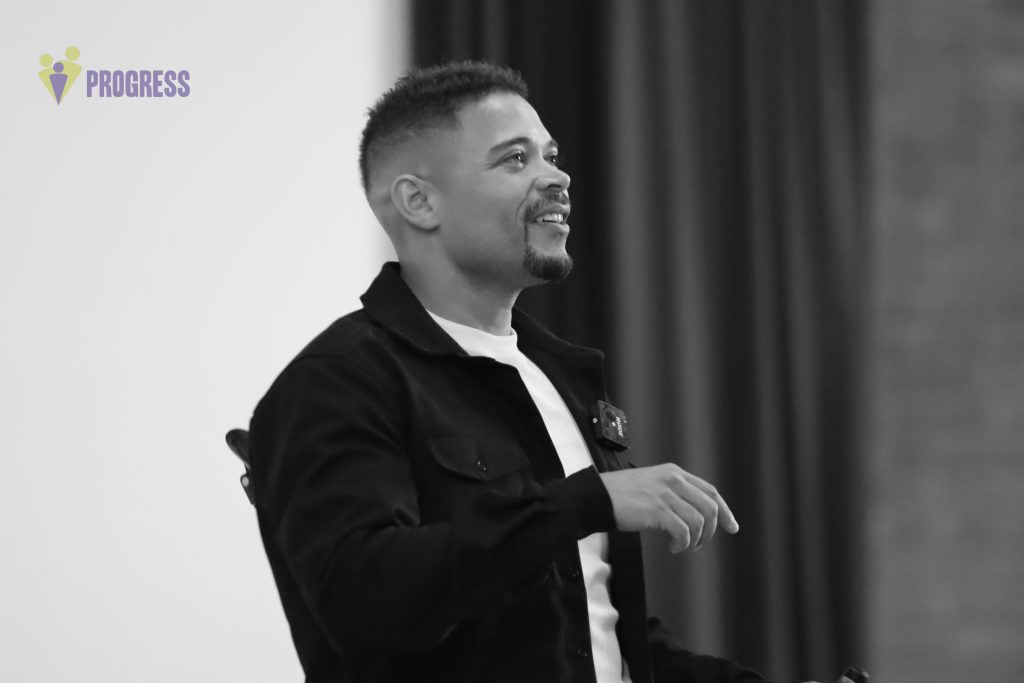
Drawing from his own journey through the care system, Russell shared his belief that the emotional needs of young people are often overlooked. He urged the audience to recognise that behaviours such as anger or withdrawal might be attempts to communicate deeper feelings of hurt or insecurity. He stressed the importance of understanding each child’s unique perspective and the need for consistent, patient support.
Using a powerful metaphor, he compared interactions with young people to counting letters on a page—everyone sees something different. This analogy served as a reminder that each child has their own story and perspective, which might not always align with the observations of the adults around them.
The Role of Community
Russell highlighted the collective responsibility of the community in supporting children in care. He reminded attendees that every interaction counts, no matter how small. “Every single person has an effect,” he asserted. From the head teacher to the lollipop lady, every role in a child’s life is significant. By fostering a collaborative environment where everyone’s voice is valued, professionals can create a more inclusive and supportive community for young people.
Embracing Creativity and Authenticity
In his closing remarks, Russell encouraged attendees to embrace creativity in their interactions. He shared examples of how imaginative approaches can open doors to meaningful communication and connection. By allowing themselves to be authentic and curious, caregivers can foster environments where young people feel seen and valued.
Russell’s inspiring message served as a powerful reminder of the importance of connection in the lives of children and young people in care. As professionals and caregivers, we have the opportunity to make a significant impact through our presence, patience, and genuine engagement. By prioritising these connections, we can help fill the empty spaces in the lives of those we serve, creating a brighter future for our youth.
As we reflect on Steven Russell’s insights, let us remember that every moment spent with a young person is an opportunity to build trust, foster growth, and inspire hope.




